
Abstract:
An important shift is taking place in environmental philosophy with regard to one of the field’s most fundamental concepts. The notion of ecological “sustainability” is being slowly replaced by the notion of the “habitability” of Earth in much contemporary discussion of environmentalism. This article focuses on two philosophies of habitability that have significantly impacted our thinking about climate change in recent years: planetarity and cosmopolitics. The two frameworks are frequently combined in various formulations of a more-than-human politics. Yet the philosophical paradigms, and their political implications, are, in fact, radically different, as this analysis will demonstrate. These crucial differences are amply evidenced through a comparative analysis of Dipesh Chakrabarty’s recent writing on planetarity and Isabelle Stengers’ work on cosmopolitics. The article argues, ultimately, that planetarity and cosmopolitics are incompatible. Further, the adoption of either approach corresponds to a specific philosophical and political choice that materially shapes the ways in which we think about politics with nonhumans in the 21st century.
•• More publications:


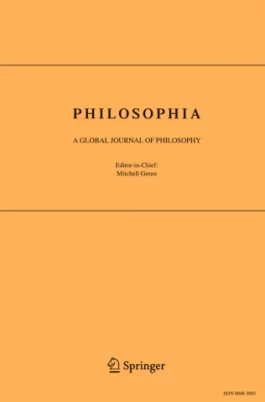












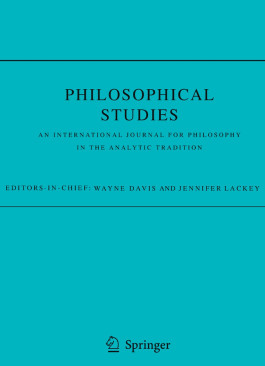
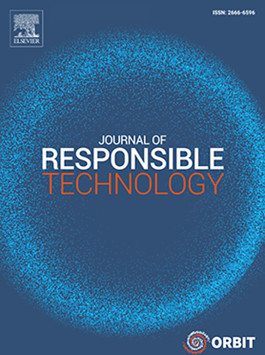

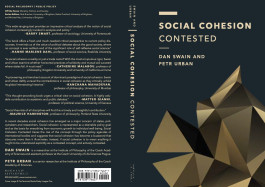



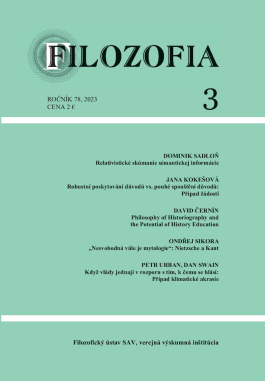

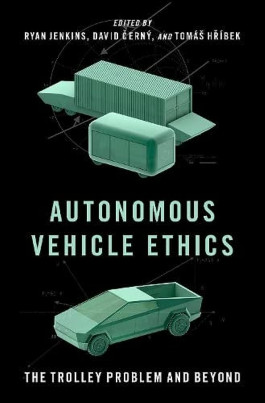


Abstract:
An important shift is taking place in environmental philosophy with regard to one of the field’s most fundamental concepts. The notion of ecological “sustainability” is being slowly replaced by the notion of the “habitability” of Earth in much contemporary discussion of environmentalism. This article focuses on two philosophies of habitability that have significantly impacted our thinking about climate change in recent years: planetarity and cosmopolitics. The two frameworks are frequently combined in various formulations of a more-than-human politics. Yet the philosophical paradigms, and their political implications, are, in fact, radically different, as this analysis will demonstrate. These crucial differences are amply evidenced through a comparative analysis of Dipesh Chakrabarty’s recent writing on planetarity and Isabelle Stengers’ work on cosmopolitics. The article argues, ultimately, that planetarity and cosmopolitics are incompatible. Further, the adoption of either approach corresponds to a specific philosophical and political choice that materially shapes the ways in which we think about politics with nonhumans in the 21st century.
•• More publications:


























Celetná 988/38
Prague 1
Czech Republic
This project receives funding from the Horizon EU Framework Programme under Grant Agreement No. 101086898. Views and opinions expressed are however those of the author(s) only and do not necessarily reflect those of the European Union or European Research Executive Agency (REA). Neither the European Union nor the granting authority can be held responsible for them.
Celetná 988/38
Prague 1
Czech Republic
This project receives funding from the Horizon EU Framework Programme under Grant Agreement No. 101086898. Views and opinions expressed are however those of the author(s) only and do not necessarily reflect those of the European Union or European Research Executive Agency (REA). Neither the European Union nor the granting authority can be held responsible for them.